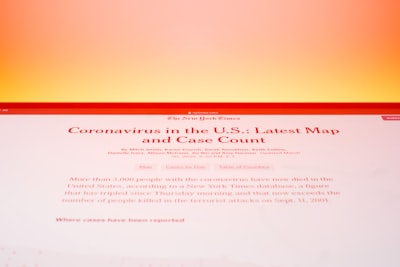Definition
Foreign lobbying in the United States refers to the efforts by foreign governments, organizations, or individuals to influence US government policy or public opinion through direct appeals and the engagement of advocacy professionals known as lobbyists. This activity is subject to legal requirements and oversight primarily through the Foreign Agents Registration Act (FARA) of 1938.
Historical Background
Foreign lobbying has been a part of the US political landscape since the early 20th century, but regulatory frameworks strengthened post-World War II, as policymakers sought to promote transparency and prevent covert foreign influence. The FARA was enacted to ensure that the federal government and the public are informed about the sources and goals of such lobbying efforts.
Regulatory Environment
The Foreign Agents Registration Act (FARA) requires individuals and entities acting as agents of foreign principals in a political or quasi-political capacity to disclose their relationship, activities, and funding sources to the Department of Justice. Failure to comply can result in legal penalties, including fines and imprisonment.
Other applicable laws include the Lobbying Disclosure Act (LDA) and anti-corruption statutes. These regulations are designed to increase transparency and guard US public policy from being unduly influenced by non-US interests.
Main Methods and Channels
- Direct Lobbying: Engaging policymakers, members of Congress, and executive branch officials to advocate for or against legislation and policy decisions.
- Public Relations Campaigns: Funding media strategies and grassroots mobilization intended to shape public opinion and, indirectly, policy outcomes.
- Strategic Partnerships: Contracting US-based lobbying and law firms to represent the foreign party’s interests, handle regulatory compliance, and navigate the US political system.
Prominent Examples
Significant instances of foreign lobbying include representations on matters ranging from trade policy and sanctions to foreign aid and military assistance. In some cases, countries with limited resources contract lobbyists to increase their diplomatic leverage, particularly when US foreign policy shifts threaten their economic or security interests.
Implications and Controversies
Foreign lobbying raises numerous concerns regarding transparency, national security, and the potential for exploitation of weaker partners. Critics argue that financially constrained countries may feel compelled to make unfavorable deals or barter natural resources. Proponents maintain that legitimate foreign lobbying is a means for all countries to present their perspectives in global policymaking.
Conclusion
Foreign lobbying remains a complex and controversial aspect of international relations in Washington, D.C., balancing a need for diplomatic engagement with the imperative for transparency and ethics in policy influence.

Comments
No comments yet. Be the first to comment!